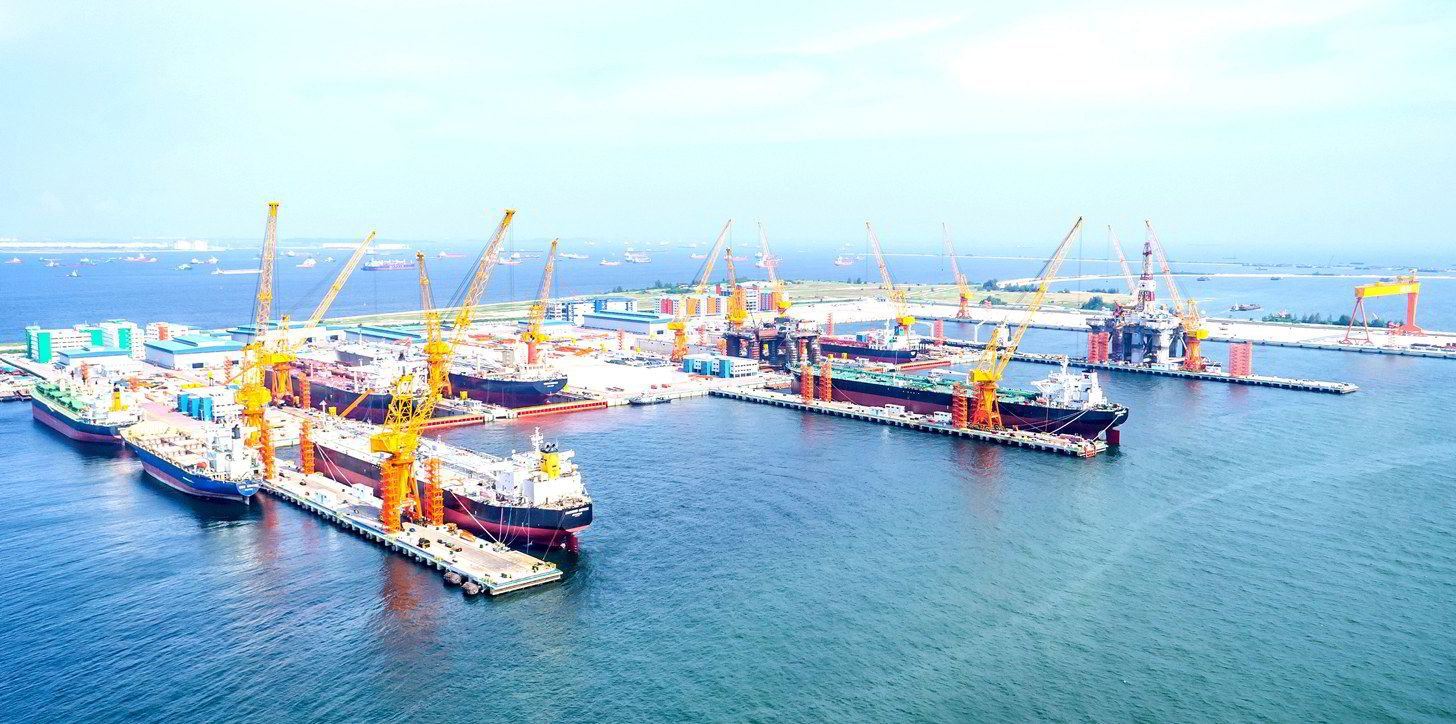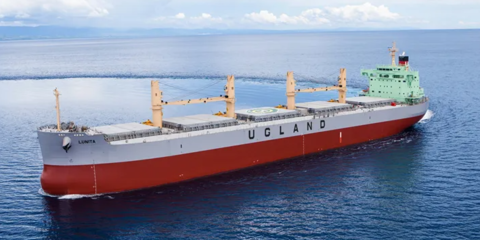A new mega-shipyard group has risen in Singapore after the long-awaited merger between Sembcorp Marine (Sembmarine) and Keppel Offshore & Marine reached a successful conclusion.
The SGD 4.5bn ($3.34bn) deal that saw Sembmarine buy Keppel O&M closed on 28 February, the company has now revealed.
The merger has turned the two competitors into a global powerhouse group for the ship repair, oil, gas and renewable energies industries.
Sembmarine’s newly appointed chairman Mark Gainsborough, an oil and gas industry veteran who previously headed up Shell New Energies, said in a media briefing held on Wednesday that the merged entity will be rebranded under a new name, although for now each yard group will retain its existing trading name.
Gainsborough, who serves on several renewables and decarbonisation advisory boards including Beyond Net Zero, an energy transition investment fund, said the merged company will immediately conduct a strategic review to maximise synergies between the two shipyard groups.
The process will last approximately six months.
“We are starting on a strong foundation,” Gainsborough said, adding that the merger “brings the best of each company to the table”.
Gainsborough said that while both companies came with their own corporate culture, there was a lot of common ground.
“This isn’t like a merger of Shell and Google… there are a lot of shared values that we can build on,” he said.
The combined company has 300 hectares of shipyard space in Singapore and 23,000 employees.
Its orderbook comprises of more than 40 projects with a total value of $18bn.
Chief executive Chris Ong said that employees would be Sembmarine’s top priority. Most employees will remain in their roles and current functions.
Sembmarine plans to capitalise on the global energy transition and has identified offshore renewables, new energies, and cleaner offshore and marine solutions as key areas of opportunity going forward.
It predicts that the value of work that will be available over the next decade in the offshore renewables market will come in at around $260bn, with a further $290bn from its more traditional markets.
Ong said that Sembmarine will continue to have a role in the maritime sector as it continues on its decarbonisation journey, which will lead to a lot of new vessel types as well as green retrofitting.




